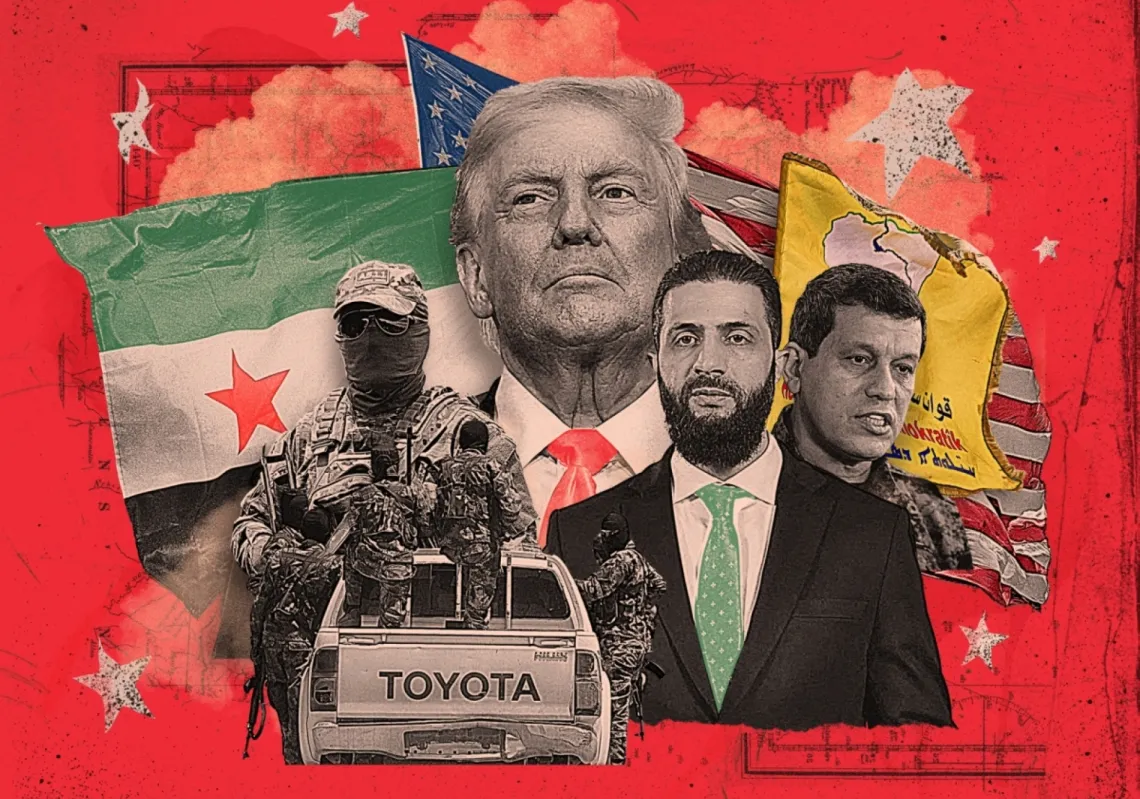Over the past, the Biden administration unveiled what will likely be the signature Middle East initiative of its first year in office: a bold attempt to revive the Iran nuclear deal. So far, Biden’s team has undertaken a number of measures in a bid to bring Tehran back into compliance with the terms of the JCPOA. Yet so far, Tehran has rejected Biden’s insistence that its return to compliance must precede Washington’s.
BIDEN DELIVERS ON PROMISE OF CONCILIATION
Since declaring his candidacy for President, Biden has campaigned on returning both the U.S. and Iran to full compliance with the terms of the 2015 JCPOA, which President Trump abandoned in 2018. As of last week, Biden demonstrated that his conciliatory bearing in domestic politics extends to foreign policy as well. The White House offered Iran three significant gestures in an attempt to win favor with Tehran.
The first, most modest gesture came in the form of the administration’s decision to ease onerous travel restrictions on Iranian diplomats posted to the United Nations. Last week, the State Department announced it was easing the travel restrictions imposed by the Trump administration on movements of Iranian diplomats accredited at the United Nations headquarters in New York City. As State Department officials told reporters, "The idea here is to take steps to remove unnecessary obstacles to multilateral diplomacy by amending the restrictions on domestic travel. Those had been extremely restrictive.”
In the next gambit, the White House formally rolled back the previous administration’s reimposition of all UN sanctions on Iran. On February 18, acting U.S. Ambassador Richard Mills sent a letter to the UN Security Council on behalf of President Biden saying that the United States “hereby withdraws” three letters issued by the Trump administration, which culminated in its late September announcement that the United States had re-imposed all UN sanctions on Tehran.
Lastly, and most crucially, the administration publicly announced it had agreed with Western European allies to return to multinational talks with Iran about reviving the deal. On the same day that the White House and State Department were unveiling the above concessions, Enrique Mora, the European Union’s deputy secretary general for political affairs, announced that the U.S. had joined the multilateral talks, tweeting that “The #JCPOA at a critical moment. Intense talks with all participants and the U.S. I am ready to invite them to an informal meeting to discuss the way forward.”
TEHRAN REBUFFS
Despite this outreach, Washington has received little in return, at least to date. This weekend, Tehran carried through on its months-long threats to suspend adherence to the JCPOA provisions requiring intrusive inspections of its declared nuclear sites, supposedly in order to honor a December law passed by the hardliner-controlled Majles.
IAEA director general Rafael Grossi attempted to put the best face on the development by cloaking the new status quo in “a temporary bilateral technical understanding” that would preserve some degree of visibility into Iran’s illicit activity. At the same time, Grossi frankly admitted, “There is less access, let’s face it.” Foreign Minister Zarif did not strike a particularly conciliatory tone either: “The United States is addicted to sanctions, but they should know that Iran will not yield to pressure.”
Tehran’s hardball has handed the nascent Biden administration a difficult choice. On the one hand, holding fast to its position that Iran must show full compliance before America re-enters the deal risks Tehran abandoning the deal completely. But to provide further sanctions relief before Iran resumes full compliance risks forfeiting most of Washington’s leverage before negotiations have even begun.








